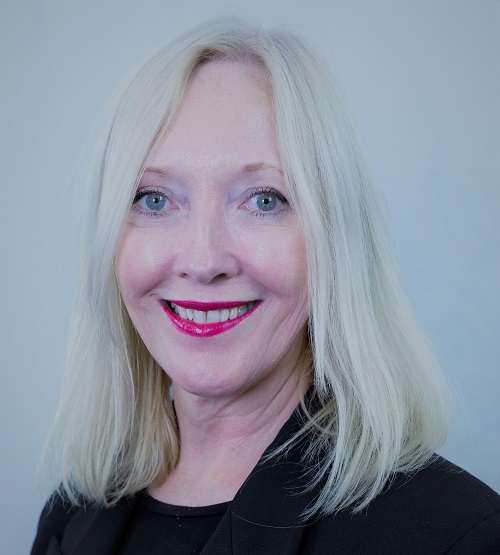The Open Arms Model of Care
Open Arms, formerly known as the Vietnam Veterans Counselling Service, has been delivering mental health support services to the veteran community for more than 40 years.
Founded by Vietnam veterans, Open Arms is unique as a mental health service established by people with lived experience. Its longevity can be attributed to ongoing adaptions made to how the service provides support to successive generations of veterans and families.
Open Arms recently published its Model of Care, which clearly sets out what clients can expect when they reach out to the service for support. It defines Open Arms as a specialist service, focusing on delivery of military aware and trauma informed care rather than replicating more generalist services.
Leonie Nowland, head of Open Arms at DVA, says the Model of Care is inspired by the need to ensure the service is effectively responding to the changing needs of the veteran and family community, and delivering specialised programs related to the impact of military service.
‘The Model of Care outlines how Open Arms operates on the basis of episodes of care,’ says Leonie. ‘It begins with understanding your needs and setting agreed goals for the support, counselling or treatment required, and measuring outcomes from your perspective. The purpose of this approach is to support your recovery.’
This means that when someone engages with Open Arms for their mental health support needs, the engagement is goal based and outcome focused, with a beginning, middle, and end.

‘Some people who engage with Open Arms may require extended care,’ Leonie adds. ‘When your program of support is completed, you may need to receive further support and we make this as easy as possible for you to access.’
The Model of Care outlines how Open Arms works in partnership with other health providers to comprehensively support clients, especially where the person is acutely unwell. This includes GPs and psychiatrists, as well as other community agencies.
‘With your consent, we will write to your GP to advise them of our involvement, provide progress updates and letters on case closure,’ Leonie explains. ‘The level of engagement depends on the GP and the level of risk identified.’
Service can have a significant impact on families. ADF members and their families experience a range of military lifestyle challenges such as postings, service related separations (such as exercises and deployments), and transition from service to civilian life.
‘Family and relationship counselling makes up more than 50 per cent of our service delivery and represents a critical need in our community,’ says Leonie. ‘Families can also play an important part in protecting against suicide. Our Lived Experience Peers have experience as a former serving member or as a family member of a veteran, and provide support that utilises those experiences.’
It is important to note that Open Arms is not a specialist paediatric service and does not provide psychological assessments (such as assessments for ADHD/ASD) for children. Where family counselling is required, children aged under 5 years can be seen as part of the family unit where clinically appropriate.
Additionally, while Open Arms provides family and relationship counselling, it is not a specialist family and domestic violence service or a forensic service that provides court-ordered counselling. In both these cases, Open Arms refers clients to specialist support and appropriate agencies as required.
‘The Model of Care was developed in consultation with key stakeholders, including clinicians and people with lived experience,’ Leonie says. ‘We are very excited about the role it will play in shaping how we support veterans and families into the future.’
To learn more about the new Model of Care, visit the Open Arms website.
Image: DVA First Assistant Secretary Leonie Nowland